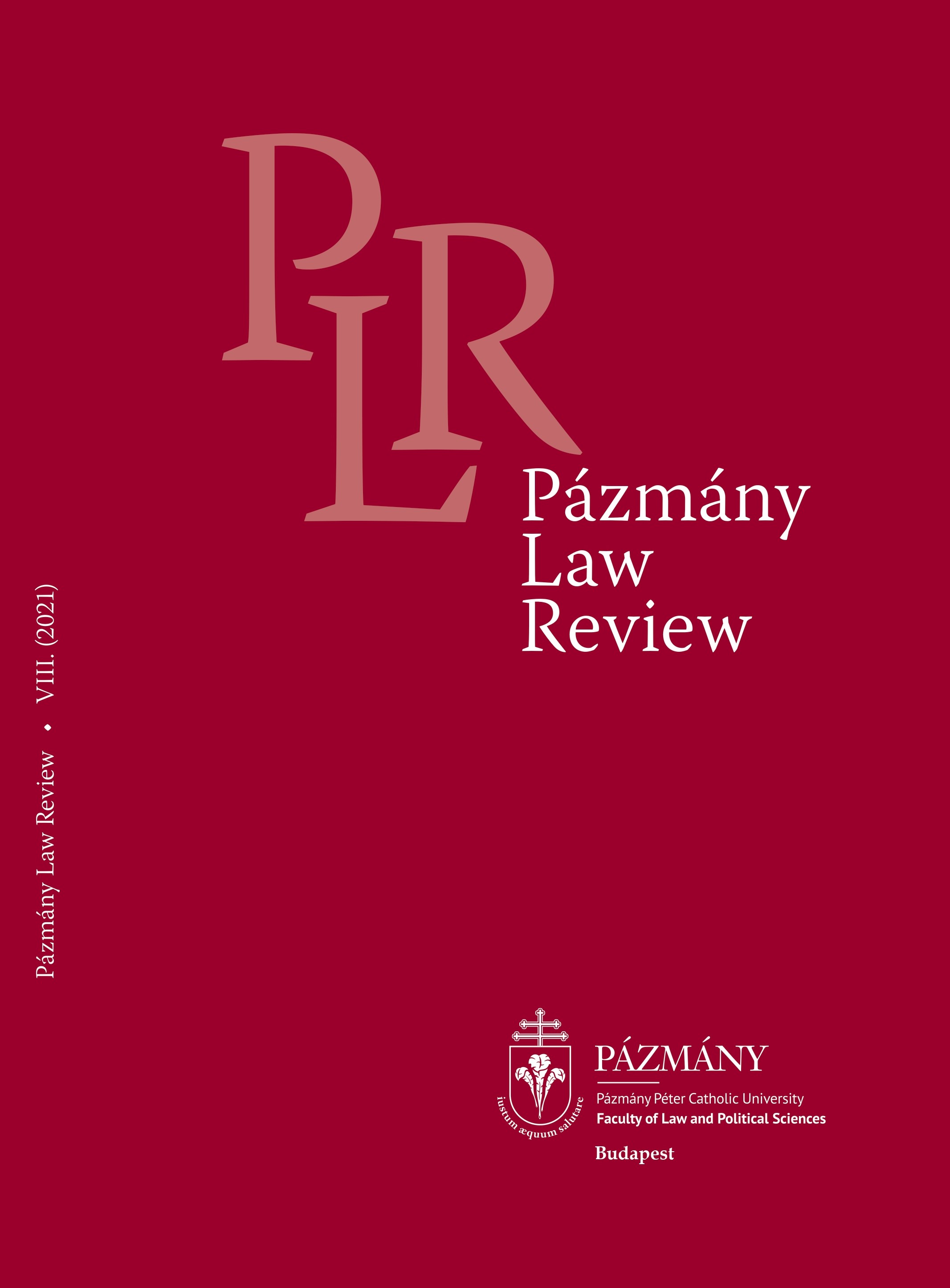SC Claudianum and Levitas Animi – a Gender Issue?
Abstract
During the reign of Emperor Claudius, a senatusconsultum from 52 AD contained provision concerning free women sustaining a relationship with the slave of another. In accordance with these provisions should she fail to abandon the relationship after the denouncement of the slave’s master, will become the slave of the master denouncing her deed. The senatusconsultum also contains rules regarding the status of the children born from such a relationship. Some scholars tend to label this decree of the Roman Senate a “gender issue” despite the obvious anachronism of the statement. This paper aims at unfolding the sustainability of such a label. In the scope of this endeavour the common and generally known phrases, levitas animi and infi rmitas sexus are also examined. Connected to tutela feminarum, the locutions levitas animi and infi rmitas sexus turn out to contribute to a common, but mistaken opinion how women were regarded in ancient Roman society. Placed properly amongst primary sources, it turns out that they refl ect an attitude stemming from Greek philosophy, and therefore not common throughout the entire history of Rome. As for the approach of male and female roles in Roman society, mores maiorum plays an undoubtedly important part in determining the actual content of social customs. There’s also a strong endeavour to protect women in certain situations, and this is where tutela mulierum is supposedly originates from. Secondary literature does not rank SC Claudianum among “gender issues”. In addition, the term “gender issue” as such covers a modern concept, and therefore anachronistic in Roman law research, as a consequence its use is at least doubtful.





